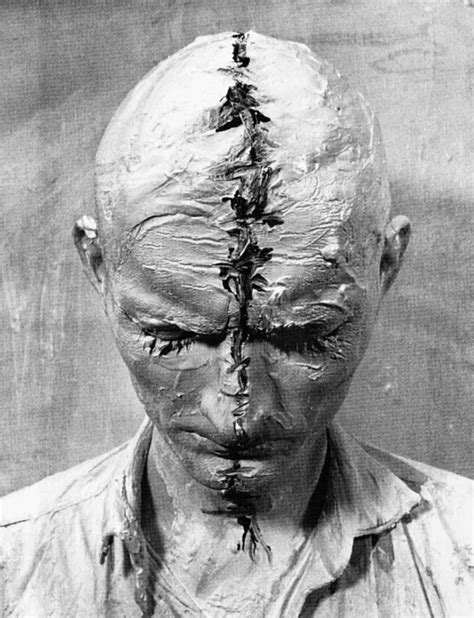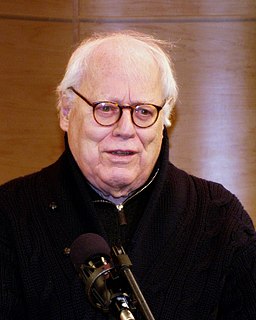A Quote by Steve Fowler
It's hogwash to say drunkenness is no excuse for crime... Wherever mind altering drugs are on sale to the public, we should expect mind altered behaviour from the public.
Related Quotes
At the risk of repetition let me say again that my plea is not for immunity to, but for the most unsparing exposure of, the politician who betrays his trust, of the big business man who makes or spends his fortune in illegitimate or corrupt ways. There should be a resolute effort to hunt every such man out of the position he has disgraced. Expose the crime, and hunt down the criminal; but remember that even in the case of crime, if it is attacked in sensational, lurid, and untruthful fashion, the attack may do more damage to the public mind than the crime itself.
When at the typewriter I am no longer where I site but am away across the mountains, in ancient cities or on the Great Plains among the buffalo. Often I think of what pitiful fools are those who use mind-altering drugs to seek feelings they do not have, each drug taking a little more from what they have of mind, leaving them a little less. Give the brain encouragement from study, from thinking, from visualizing, and no drugs are needed.
It is not necessary for the politician to be the slave of the public's group prejudices, if he can learn how to mold the mind of the voters in conformity with his own ideas of public welfare and public service. The important thing for the statesman of our age is not so much to know how to please the public, but to know how to sway the public. Those who manipulate this unseen mechanism of society constitute an invisible government which is the true ruling power of our country.
Wherever the title of streets and parks may rest, they have immemorially been held in trust for the use of the public and, time out of mind, have been used for purposes of assembly... and discussing public question. Such use of the streets and public places has, from ancient times, been a part of the privileges, immunities, rights, liberties of citizens. The privilege of a citizen of the United States to use the streets and parks for communication of views on national questions may be regulated in the interest of all... but it must not, in the guise of regulation, be abridged or denied.
For Sabina, living in truth, lying neither to ourselves nor to others, was possible only away from the public: the moment someone keeps an eye on what we do, we involuntarily make allowances for that eye, and nothing we do is truthful. Having a public, keeping a public in mind, means living in lies.




































